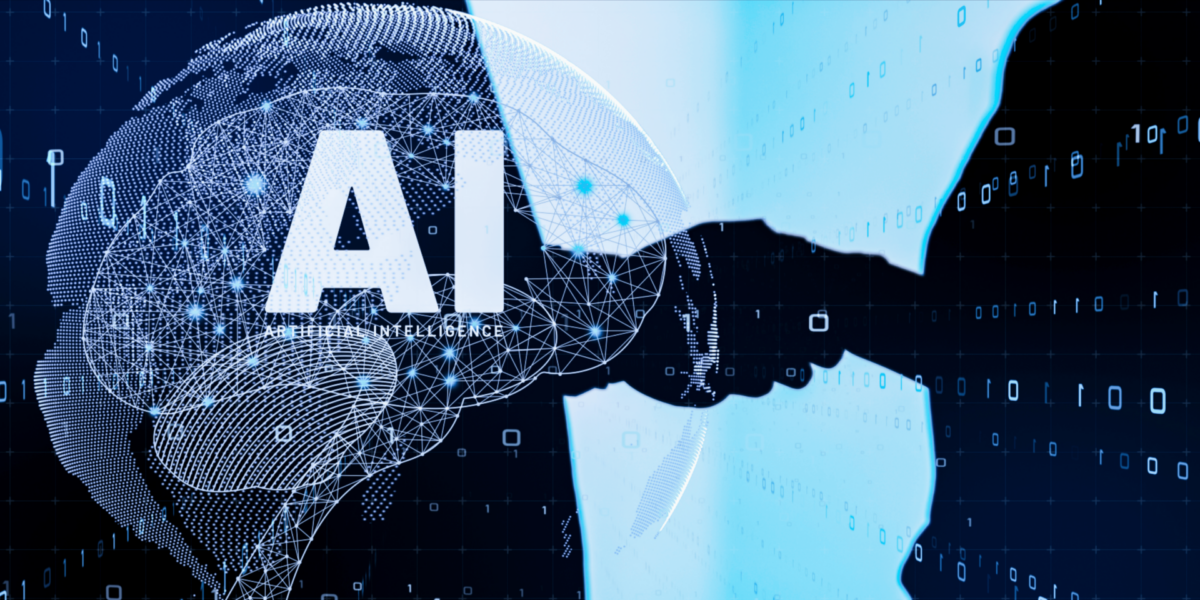AI Enters the Space of Personal Belief
Artificial intelligence now extends beyond productivity tools and search engines. It’s entering the realm of personal belief. When AI systems begin offering spiritual advice, they affect how people seek meaning, interpret values, and make emotional decisions.
This shift raises questions about how individuals trust and interpret non-human guidance. Unlike traditional spiritual leaders, AI lacks lived experience, cultural context, or emotional intuition.
Algorithmic Answers Lack Human Context
Spiritual advice involves nuance, culture, and lived understanding. AI operates through patterns and probabilities. It analyzes text, generates responses, and simulates empathy. But it doesn’t understand suffering, growth, or personal transformation.
When users turn to AI for spiritual support, they may receive advice that sounds thoughtful but lacks genuine depth. This can lead to guidance that misses key emotional or cultural cues, weakening its relevance in real situations.
Authority Without Experience Raises Ethical Questions
AI may generate statements that mimic wisdom, but it cannot offer personal insight. Spiritual leaders draw on experience, tradition, and reflection. They offer guidance shaped by values and shaped by community.
An AI system lacks these foundations. If people treat AI responses as authoritative, they risk accepting generalized advice without questioning its source. This can blur the line between simulated guidance and informed spiritual mentorship.
Realistic Scenario: Turning to AI in a Moment of Crisis
Imagine someone facing a major life decision. They feel uncertain and isolated, and they open an app for comfort. The AI provides a message based on their prompt, using soft language and reflective tone. The person reads it and feels understood—briefly.
But over time, the advice lacks depth. It doesn’t adapt to their changing emotions. There’s no follow-up, no memory, no accountability. The moment of comfort fades, and the person is left without meaningful direction.
Personal Belief Requires Relational Depth
Spiritual advice depends on connection. People seek it through conversations, rituals, and community engagement. These elements create support structures that help individuals grow, heal, or process complex feelings.
AI offers none of this relational depth. It can generate words but not presence. Without relationship, spiritual guidance becomes a monologue, not a dialogue—a critical difference for those seeking emotional support.
Simulated Empathy Challenges Trust
Some AI tools are designed to mimic empathy through tone, language, and pacing. While this simulation can feel comforting, it may mislead users into believing the system understands them.
This illusion can erode trust when the user realizes the empathy was programmed, not felt. The lack of emotional reciprocity becomes clear, especially in vulnerable moments when human response is needed most.
Fragmented Guidance Risks Confusion
AI advice varies depending on inputs, prompts, and system updates. This inconsistency can confuse users who expect continuity in their spiritual journey. Without stable principles or memory, the advice may shift dramatically from one session to the next.
Inconsistent spiritual input can cause doubt rather than clarity. Over time, users may feel disoriented, unsure whether the AI’s responses reflect real wisdom or random content patterns.
Cultural Sensitivity Requires More Than Data
Spiritual traditions are deeply tied to culture, language, and history. AI can process global texts, but it doesn’t participate in the lived experiences that give spiritual practices meaning. Advice that overlooks these factors risks being insensitive or even harmful.
Designers must consider how AI handles topics like grief, identity, or belief. Generic advice may clash with personal or cultural expectations, reducing its effectiveness or causing unintended harm.
Real Wisdom Comes From Reflection, Not Prediction
AI systems work by identifying patterns and predicting language. They don’t reflect, pause, or consider the long-term implications of their responses. Spiritual wisdom, by contrast, often requires silence, reflection, and patience.
When spiritual advice becomes predictive output, it may sound polished but lack substance. Reflection can’t be rushed. And without it, guidance may feel shallow despite its smooth delivery.
Community Anchors Spiritual Growth
People grow spiritually through connection with others. Whether through organized religion, meditation groups, or informal gatherings, shared practice deepens belief and builds support. AI, by design, offers solitary interaction.
This isolation changes the experience. Users receive information but not participation. Without community feedback, growth becomes harder to measure, and advice becomes less impactful.
AI Should Support, Not Replace, Spiritual Guidance
AI can assist with reflection prompts, organize thought processes, or provide general knowledge. But it should not replace the relational, cultural, and emotional foundations of spiritual guidance.
As people explore new ways to seek meaning, they must understand what AI can—and cannot—offer. True guidance comes from relationships, not responses. And in spiritual matters, that difference matters most.


